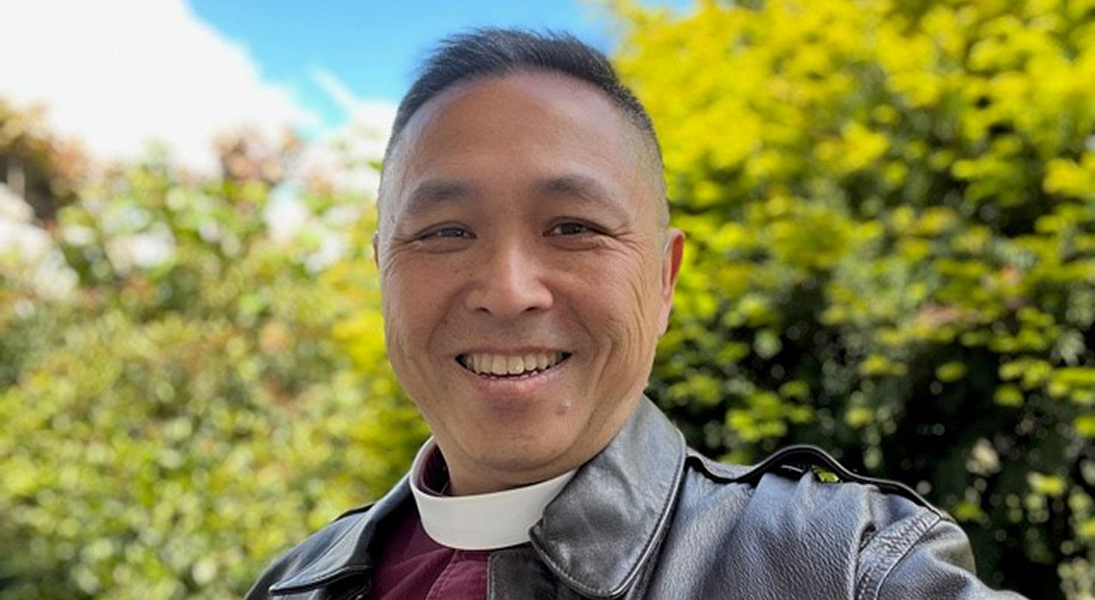Editor’s note: This post was originally published on the ELCA Racial Justice blog on May 17, 2022.
In recognition of Asian American and Pacific Islander (AAPI) Heritage Month, I share the journey of my achievements and struggles as a person of Asian descent in our church and in our nation.
I immigrated to this country when I was 7 years old, and the kids teased me by telling me to go home.
I learned to speak, dress and publicly act like the dominant culture, and people still told me to go home.
I graduated from college and became a productive citizen in our society, and people still told me to go home.
I graduated from seminary and served in a predominantly white denomination and church, and people still asked me, “When do you plan on going home?”
I considered serving in an Asian church, but the immigrant Asian pastors and community elders felt I wasn’t Asian enough because my voice and language weren’t theirs. I felt they were telling me to find a new home.
I served this country as a military chaplain for 21 years and held the hands of brave warriors as they entered life triumphant, and people still tell me to go home.
I supported and defended the Constitution while rocket-propelled grenades exploded around me, and people in this country still tell me to go home.
I moved up in the ranks of the military chaplaincy, higher than any other Asian in its history but one. Yet when I see that, among the 37 senior-ranking chaplains, there are only three of color, I hear people saying to me, it’s time for you to go home.
When I disagree with siblings in our church who tell me that the historical Western theology, ecclesiology, vestment and style of worshiping is normative, I feel like they are telling me to go home.
But America and this church are my home—the home I love, the home I’ve suffered in and I am willing to die for, the only home I really know.
When can I be home without people telling me to go home?
My story is one of many in…
Read the full article here





